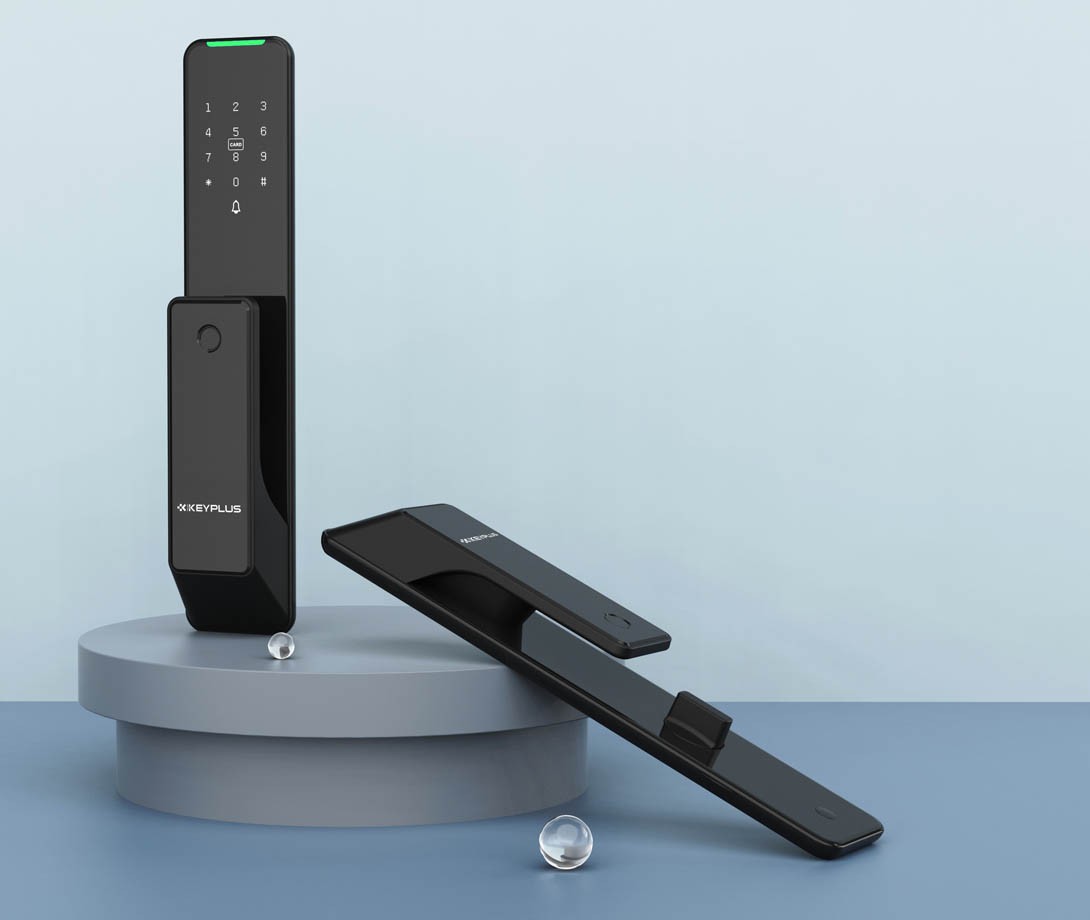Do Smart Locks Work Without WiFi?
Smart locks have become a popular choice for American homeowners looking to enhance security and convenience. With features like remote access, keyless entry, and integration with smart home systems, these devices offer a modern alternative to traditional deadbolts.
But one common question many people have is: Do smart locks work without WiFi?
The short answer is yes, most smart locks will still function even without a WiFi connection—but with some limitations. In this guide, we’ll break down how smart locks operate offline, which features may be affected, and what alternatives (like Bluetooth and Z-Wave) can keep your lock working smoothly.
How Do Smart Locks Work? (With and Without WiFi)
Smart locks rely on different connectivity methods, including:
- WiFi – Allows remote access via smartphone apps, voice assistants, and real-time alerts.
- Bluetooth – Enables short-range unlocking via your phone (no internet needed).
- Z-Wave/Zigbee – Uses a hub for smart home integration without WiFi.
- RFID/Keypad – Works offline with PIN codes or keycards.
1. Smart Locks With WiFi Dependence
Some smart locks, rely heavily on WiFi for full functionality. Without it, you may lose:
- Remote access (locking/unlocking from anywhere)
- Real-time notifications (alerts when someone enters)
- Voice control (via Alexa, Google Assistant, or Siri)
- Automation features (scheduling or geofencing)
However, these locks usually have backup methods like Bluetooth, keypads, or physical keys to ensure you’re never locked out.
2. Smart Locks That Work Without WiFi
Many smart locks don’t require WiFi at all and instead use:
- Bluetooth – Lets you unlock your door when your phone is nearby.
- Z-Wave/Zigbee – Connects to a hub for smart control without WiFi.
- Keypad/Fingerprint – Works offline with PIN codes or biometrics.
These locks remain fully functional even during internet outages, making them a reliable choice.
Pros and Cons of WiFi vs. Non-WiFi Smart Locks
| Feature | WiFi Smart Locks | Non-WiFi Smart Locks (Bluetooth/Z-Wave) |
|---|---|---|
| Remote Access | Yes (from anywhere) | Only with a hub (Z-Wave) or nearby (Bluetooth) |
| Internet Required? | Yes | No |
| Works During Outages? | Limited functionality | Yes |
| Voice Control | Yes (with Alexa/Google) | Only with a hub |
| Battery Life | Shorter (WiFi drains power) | Longer (Bluetooth/Z-Wave is more efficient) |
What Happens If Your WiFi Goes Down?
If your smart lock relies on WiFi and your internet cuts out, here’s what you can expect:
You can still unlock the door using:
- A physical key (most smart locks have a keyhole backup)
- A keypad or fingerprint scanner (if equipped)
- Bluetooth (if your phone is nearby)
You may lose:
- Remote access via an app
- Voice commands
- Instant activity logs
Final Verdict: Do You Need WiFi for a Smart Lock?
No, you don’t need WiFi for a smart lock to work—but it depends on the features you want.
- If you want remote access & smart home integration → Choose a WiFi or Z-Wave lock with a hub.
- If you just want keyless entry & local control → A Bluetooth or keypad lock is sufficient.
Most smart locks include multiple ways to unlock, so even if your WiFi drops, you won’t be locked out.
Bottom Line
Smart locks offer flexibility—whether you have WiFi or not. Before buying, consider:
How important remote access is to you
Whether you have a smart home hub (for Z-Wave/Zigbee)
Battery life and backup entry methods
By choosing the right type of smart lock, you can enjoy convenience and security—with or without WiFi.
Would you prefer a WiFi-enabled smart lock or one that works offline? Let us know in the comments!
Post time: Apr-29-2025


